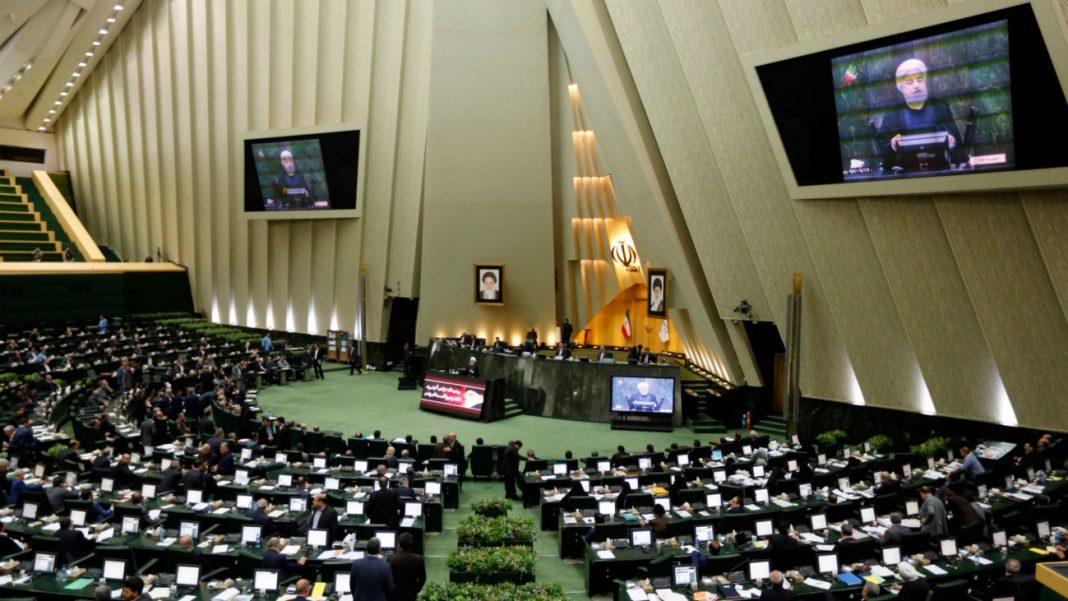TEHRAN, Iran – In a display of solidarity, members of the Iranian parliament were seen chanting “Death to America” during a session of the Islamic Consultative Assembly on Wednesday, October 2, 2024, just hours after Iran launched a missile barrage into Israel.
The chants were accompanied by raised fists and followed the recitation of verses from the Quran.
Tensions in the Middle East have dramatically escalated following the nearly 200 missiles targeting civilian and military infrastructure in Israel, in what Tehran says is retaliation for the recent killing of Hezbollah leader Hassan Nasrallah by the Israeli Defense Forces (IDF).
The missile strike has raised concerns over a broader conflict in the region, with global powers closely monitoring the situation.
The strikes came in response to an airstrike in Beirut that killed Nasrallah, a long-time ally of Tehran, prompting vows of retaliation from Hezbollah and Iran.
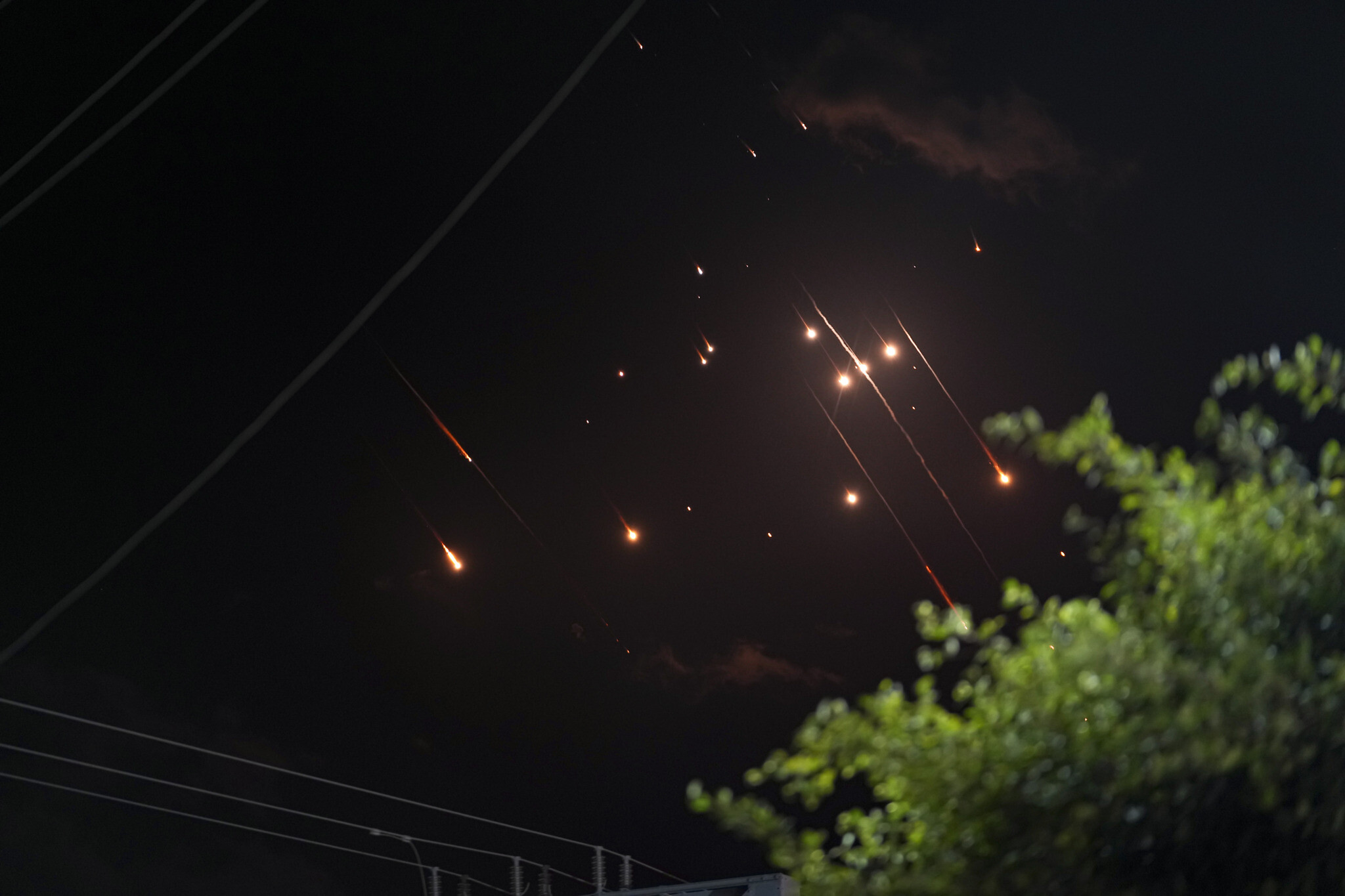
Missile Attack Marks Severe Escalation
Iran’s Revolutionary Guards claimed responsibility for the missile attack, stating it was retribution for Nasrallah’s killing as well as the July bombing in Tehran that killed Hamas leader Ismail Haniyeh, which Iran attributes to Israel.
In a statement, Revolutionary Guards commander Major General Mohammad Bagheri warned that more intense strikes would follow if Israel retaliated.
While Israel’s missile defense systems intercepted the majority of the incoming projectiles, local reports indicate two civilians were injured by shrapnel.
Israeli Prime Minister Benjamin Netanyahu vowed retaliation, declaring, “Iran made a big mistake tonight and will pay for it.”
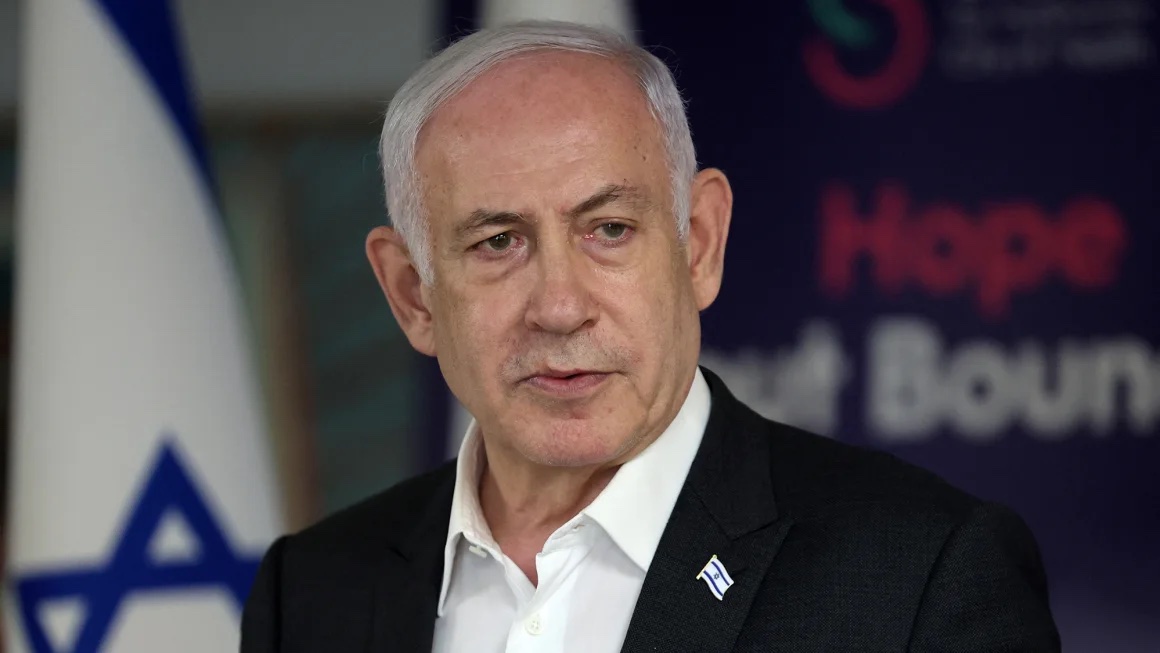
U.S. Condemns Iran’s Actions
The missile strike and the subsequent display in Iran’s parliament have drawn swift condemnation from the United States. U.S. Defense Secretary Lloyd Austin called the attack an “outrageous act of aggression,” and National Security Advisor Jake Sullivan warned of “severe consequences” if the situation further deteriorates.
President Joe Biden, addressing the situation, confirmed that the U.S. had aided Israel by deploying 12 interceptors to assist in defending against the missile attack.
“We are fully supportive of Israel,” Biden stated, adding that a U.S. response to Iran’s actions is “under active discussion.”
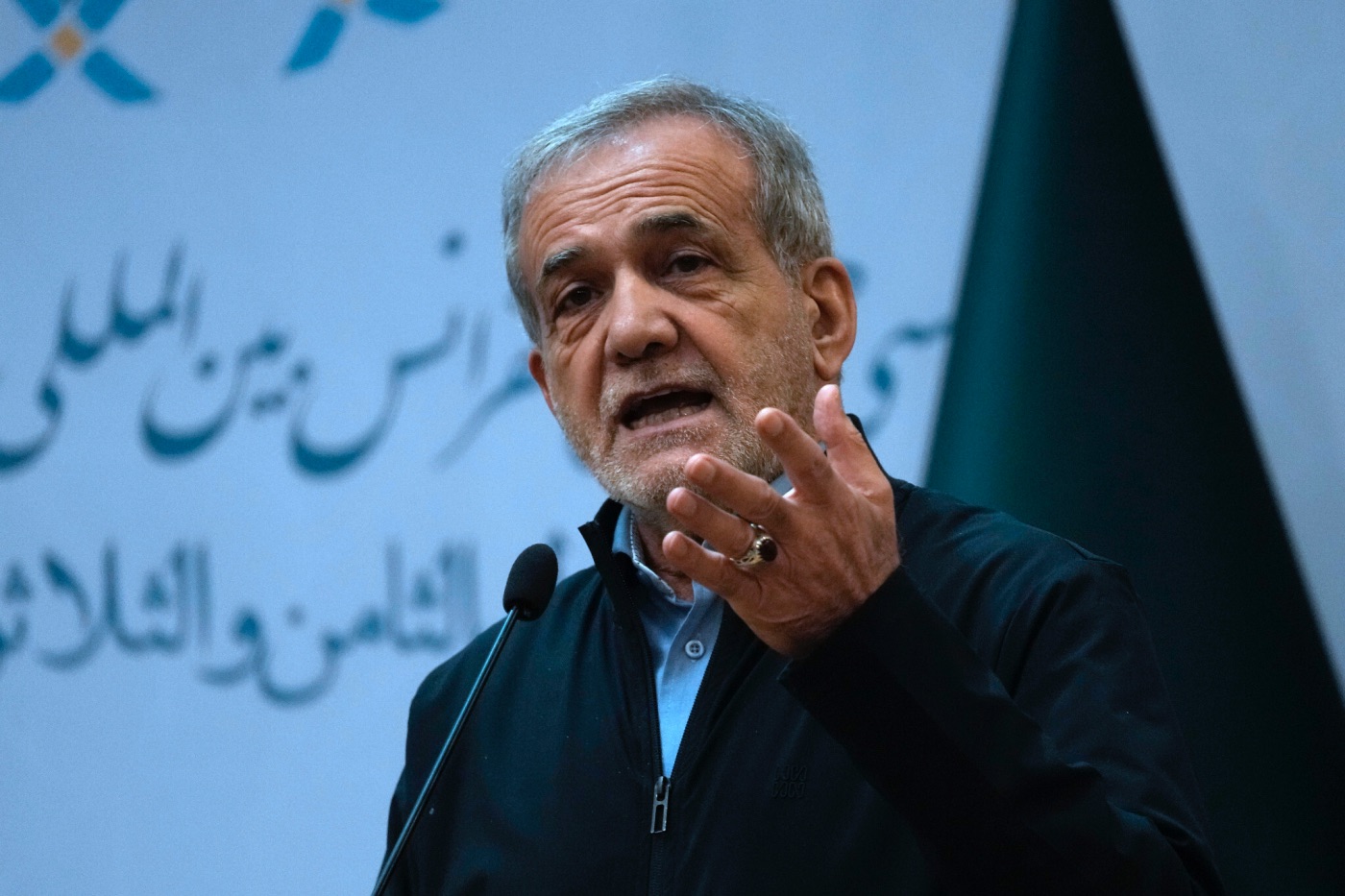
Hezbollah’s Role in the Escalating Conflict
Hezbollah, which Iran backs, has played a central role in the growing hostilities.
Nasrallah, who led Hezbollah for decades, was viewed as a key figure in Iran’s proxy activities across the Middle East.
His death in the IDF airstrike has led to fears of a broader conflict, as Hezbollah fighters and Iran’s Revolutionary Guards now appear poised for further retaliatory actions.
The killing of Iranian Quds Force commander Abbas Nilforoushan alongside Nasrallah in the airstrike has only deepened Iran’s resolve.
Iranian President Masoud Pezeshkian defended the missile strike as a “legitimate and decisive response” to Israeli aggression, while also warning of further consequences if Israel retaliates.
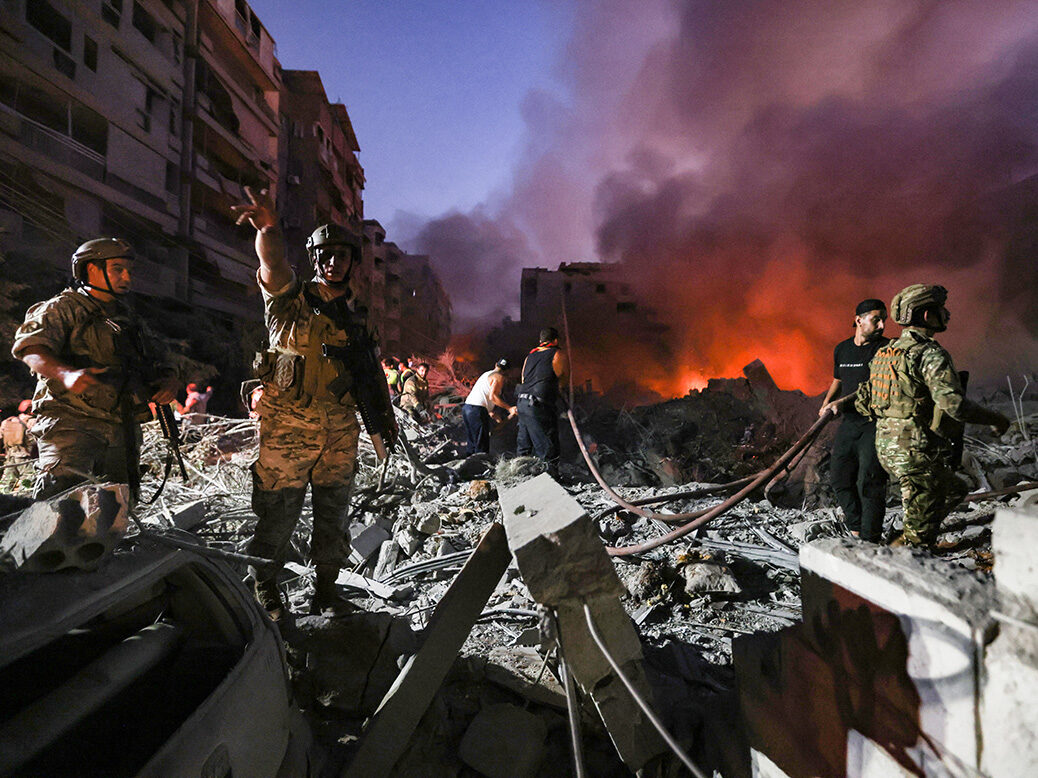
Regional Stability at Risk
The missile barrage marks one of the most severe escalations between Iran and Israel in recent years, with fears growing over the potential for a wider regional conflict.
With Hezbollah, Iran, and Israel locked in an increasingly volatile situation, neighbouring countries and international powers are bracing for potential fallout.
As diplomatic efforts to de-escalate the situation falter, the Middle East once again finds itself at a critical juncture, with the potential for broader involvement from the U.S. and other international actors looming large.

